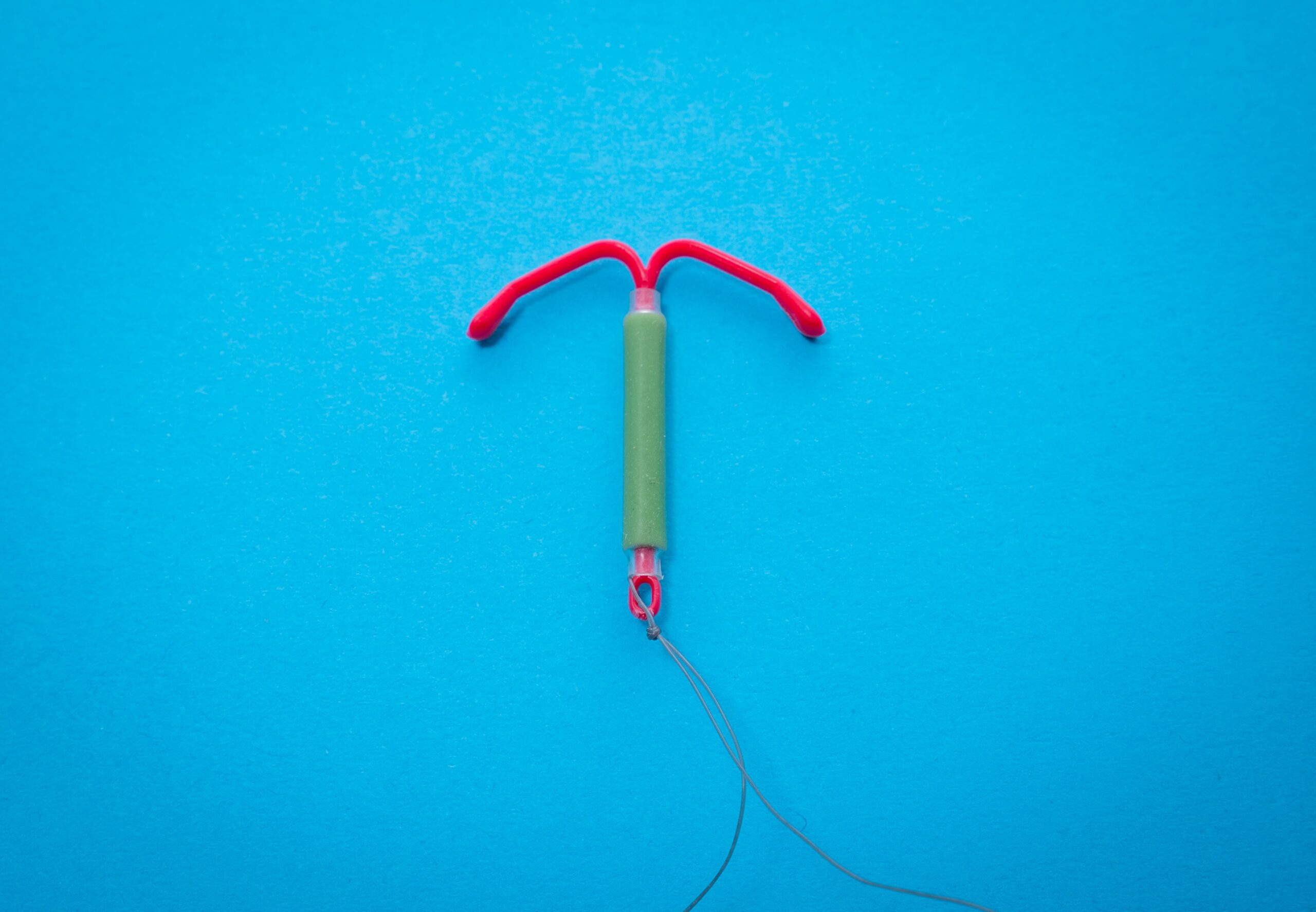Can Mirena IUD cause cancer? Here’s a detailed study on Mirena IUD cancer risk and how it increases vaginal infection in women.
How Does Mirena Work?
Alters communication between the brain and the ovaries
The Mirena IUD releases synthetic progesterone called Levonorgestrel. This is the same hormone in the “Morning After Pill” to prevent pregnancy if one has unprotected sex/accident.
Levonorgestrel disrupts the communication between the brain and the ovaries, which stops a woman from ovulating and eventually releasing an egg. This prevents a woman from becoming pregnant, which is why this IUD stops the period from happening.
Who Should Not Take The Mirena IUD?
The Journal of Therapeutics, 2009 found these women should not take the Mirena IUD:
- Women with Fibroids or Pelvic Inflammatory Disease
- Women with Post-partum Endometriosis
- Women with Vaginitis
- Women with Immunosuppression (AIDS, Leukemia)
- IUD should not be inserted <48 hours after a woman has given birth (but this is often done).
- Women with Hepatitis
- Women with a history of ectopic pregnancy
- Women with Cervical Dysplasia (abnormal cells on the cervix)
For Women Who Don’t Have Typical Risk Factors, Is Mirena Safe? Increased Risk of Breast Cancer
In 2014, the Journal of Obstet Gynecol. looked at over 855,000 women and found there to be a higher than expected association between Levonorgestrel and Breast Cancer.
A more recent study was conducted in 2020 by the Scandinavian J of Obstet Gynecol. and found the same results: users have an increased breast cancer risk regardless of age and indication.
The effect of Levonorgestrel on breast cancer risk seems to be larger in older users. Women with breast cancer risk by way of familial history, and obesity should be cautious.
Evidence Of Vaginal Microbiome Disruption With Mirena IUD: Bacterial Vaginosis & Candida Increased / Good Bacteria Decreased
The J of Med Microbiology, 2018 looked at why women with Mirena IUDs were complaining of constant vaginal infections, pelvic/vaginal pain, and inflammation. They looked at what Levonorgestrel actually did to a woman vaginal flora in 3 months and then from 1-5 years.
Women who had the Mirena IUD were found to have decreased levels of the beneficial bacteria Lactobacillus within 3 months of insertion.
They also had high levels of bacteria which causes Bacterial Vaginosis (fishy smell) and Aerobic Vaginitis (inflammation, smell, discharge).
The study found after 1-5 years these bacteria returned to normal levels. 1-5 years is a long time to have to deal with unpleasant smells and inflammation!
Interestingly enough, levels of Candida (yeast infections) were twice as high after 1-5 years.
The study concluded the Mirena IUD should not be indicated for long-term use, especially in those with a history of candidiasis.
My Experience with an IUD:
In 2013 I tried the Copper IUD thinking it would be a safer option because my mother has a history of breast cancer. Boy was I wrong!
It caused the most intense, horrific pain when I would get my period. My periods went from 4 days to 10 days long of heavy bleeding, and cramps that would disable my ability to walk or think when they hit. It was like a gremlin was inside my uterus doing karate 😆
My doctor never told me of that possibility. I was also concerned it was going to slip out of its position, something inside told me this was not right.
I went for an ultrasound and found it had moved to a low position. I had it removed and instantly my pain and cycles returned to normal.
Some women have no issues with the copper IUD, or they take no issue with the risks of the Mirena IUD and even enjoy the fact that they don’t get a period anymore. Every woman has the undeniable right to do with her body what she feels is best.
More Helpful Blog Posts on Breast Cancer
- Thermography: Detecting breast cancer many years earlier than Mammography
- Dissolve Breast Cysts With Frankincense Oil
- Soy and Breast Cancer: Our gut bacteria determine how protective soy is
Source:






